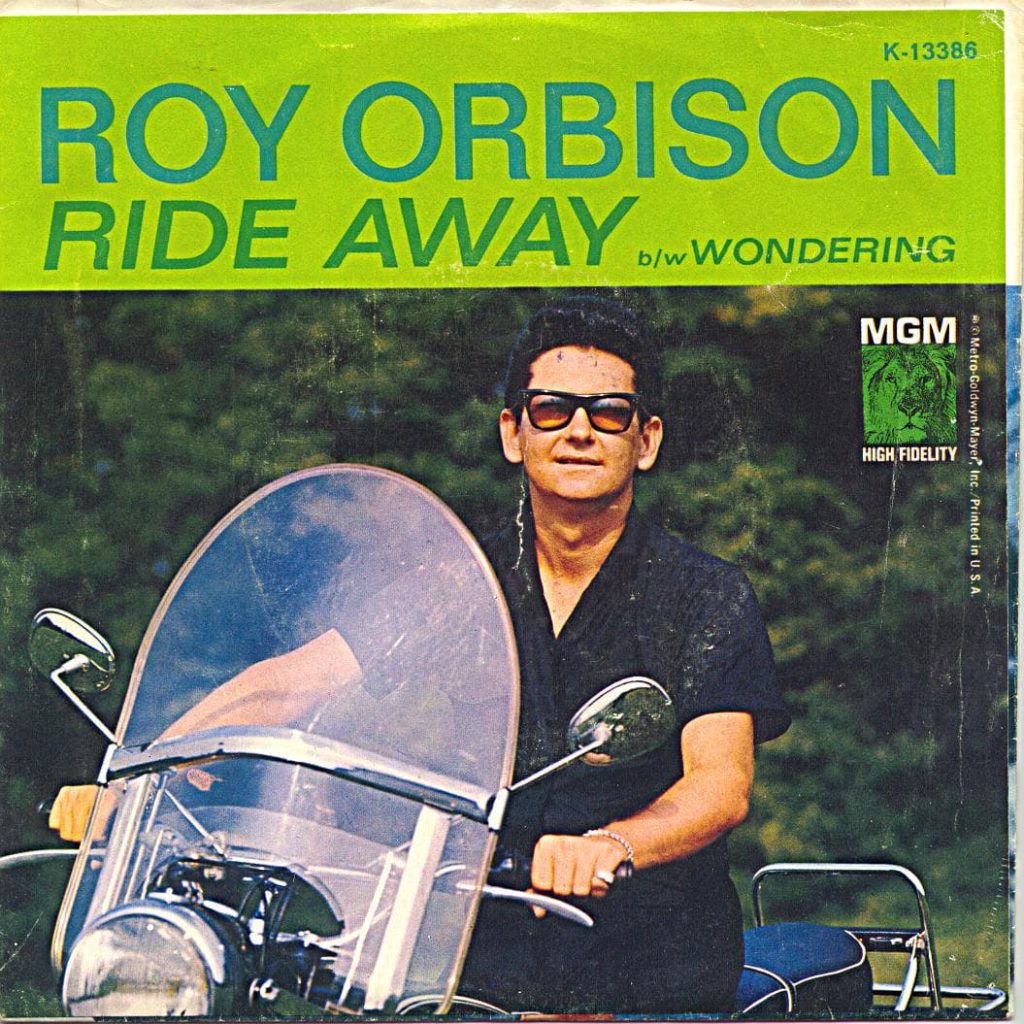
“Ride Away” – Roy Orbison’s Emotional Ballad of Escape and Heartbreak
Released in 1965, “Ride Away” showcases the unparalleled vocal talent of Roy Orbison, whose ability to blend melancholy with elegance remains unmatched. This track, though not as universally known as some of his other hits like “Oh, Pretty Woman” or “Crying,” stands as a testament to Orbison’s mastery in conveying the emotional turbulence of love, loss, and longing.
“Ride Away” found modest but notable success, peaking at #25 on the Billboard Hot 100 and climbing to #1 on the Canadian RPM chart. At a time when Orbison was competing against the likes of The Beatles and other rising rock acts, the song held its own, appealing to listeners who were captivated by its plaintive lyrics and dreamy arrangement.
The narrative of “Ride Away” centers around the universal theme of escaping heartbreak. It describes a man leaving behind emotional pain, quite literally riding away on a journey that is as much about inner peace as it is about physical distance. The imagery of freedom on the open road ties into the American cultural ideal of escape and reinvention, something often reflected in Orbison’s music.
The song’s arrangement reflects Orbison’s signature style, with a blend of orchestral elements and a gently pulsing rhythm section. His soaring tenor—revered for its operatic quality—delivers the lyrics with a blend of vulnerability and strength, perfectly matching the bittersweet story of the song.
Though “Ride Away” did not reach the iconic status of some of Orbison’s other classics, it remains a beloved track for fans who appreciate the quieter, more introspective side of his discography. This song reflects the later phase of Orbison’s career in the 1960s, a period marked by both professional challenges and personal tragedies, which perhaps added even more emotional depth to his performances.
Roy Orbison’s ability to capture the fragility of the human heart in his music is what has made songs like “Ride Away” endure. It serves as a reminder that, in Orbison’s world, love, loss, and the desire to move forward are all part of a beautiful, complex journey—one that resonates just as strongly today as it did when the song first hit the airwaves.